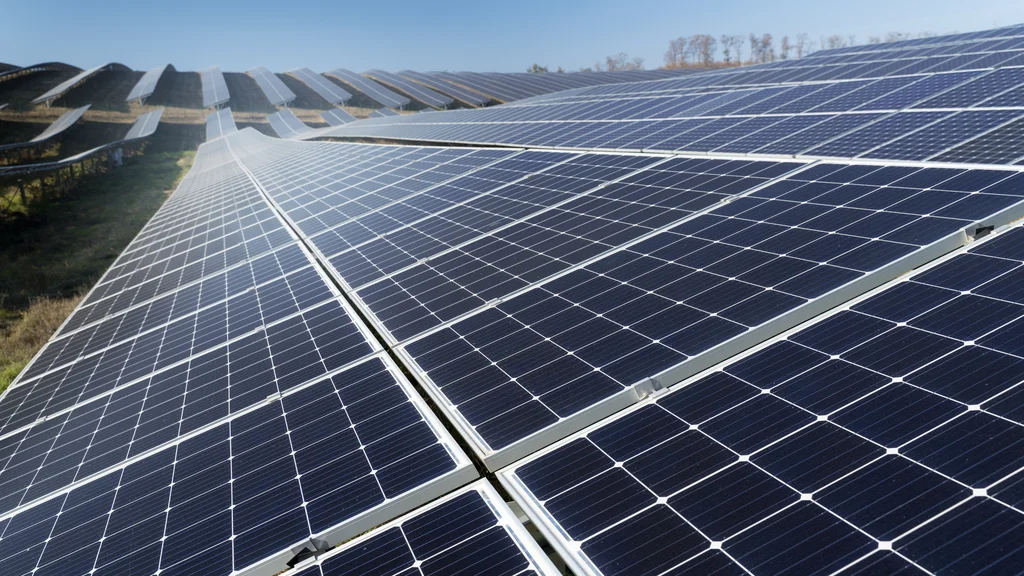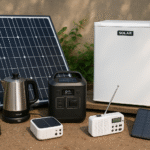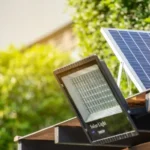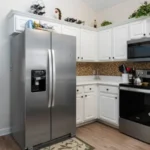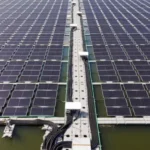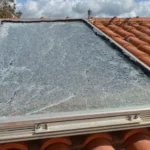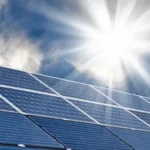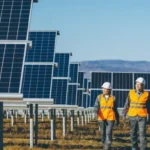Have you ever wondered how the sunshine on your roof turns into the electricity that powers your lights, fans, and TV?
It’s all thanks to something called a solar energy inverter. This smart little box is a big part of how solar power work. Whether you already have solar panels or are considering getting them, learning about the solar energy inverter is super important.
In this blog, we’ll explain a solar energy inverter, why it matters, and how it helps you save money. We’ll keep things simple, fun, and easy to understand—even if you’re just starting your solar journey!
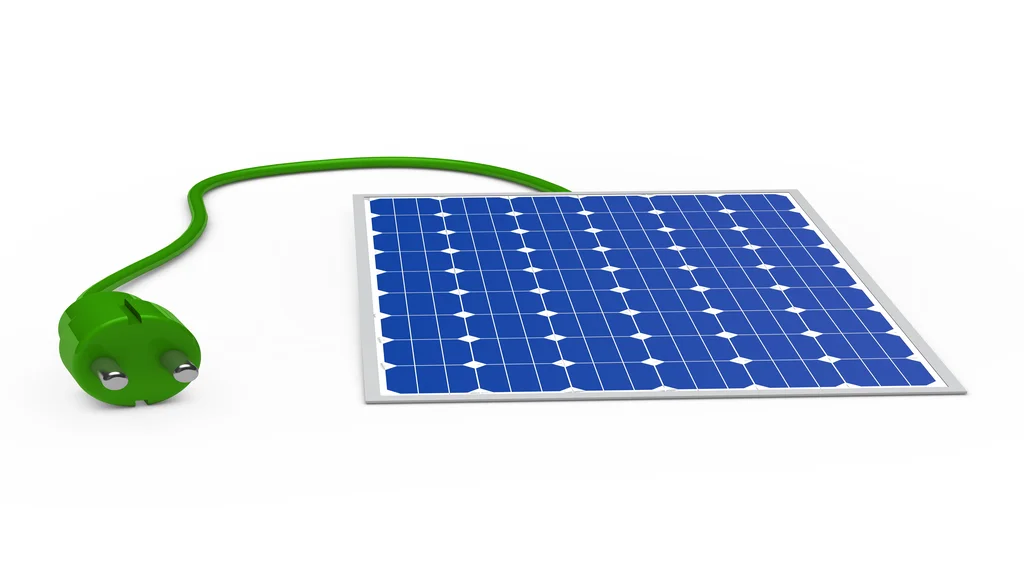
What is a Solar Energy Inverter and Why Is It So Important?
A solar energy inverter is like a translator for your solar panels.
Here’s what happens:
- Your solar panels collect energy from the sun.
- That energy is called DC (direct current).
- But your home uses AC (alternating current).
- So, the solar energy inverter changes DC into AC.
- Now, your fridge, lights, and computer can use that power!
Without a solar energy inverter, your solar panels couldn’t power your home. That’s why people call it the heart or brain of the solar system. It keeps everything working smoothly and safely.
Types of Solar Energy Inverters
There are a few types of inverters. The right one depends on your home, budget, and energy needs.
1. String Inverters
- One inverter connects to all panels.
- Simple and low-cost.
- Best for roofs that are in full sunlight all day.
2. Micro Inverters
- Each solar panel has its inverter.
- Great for roofs with shade or different angles.
- Slightly more expensive but more efficient.
3. Hybrid Inverters
- Works with solar panels and batteries.
- Stores extra energy for later.
- Best for homes wanting backup power at night or during blackouts.
No matter the type, every solar energy inverter plays the same fundamental role—turning sun power into usable home power.
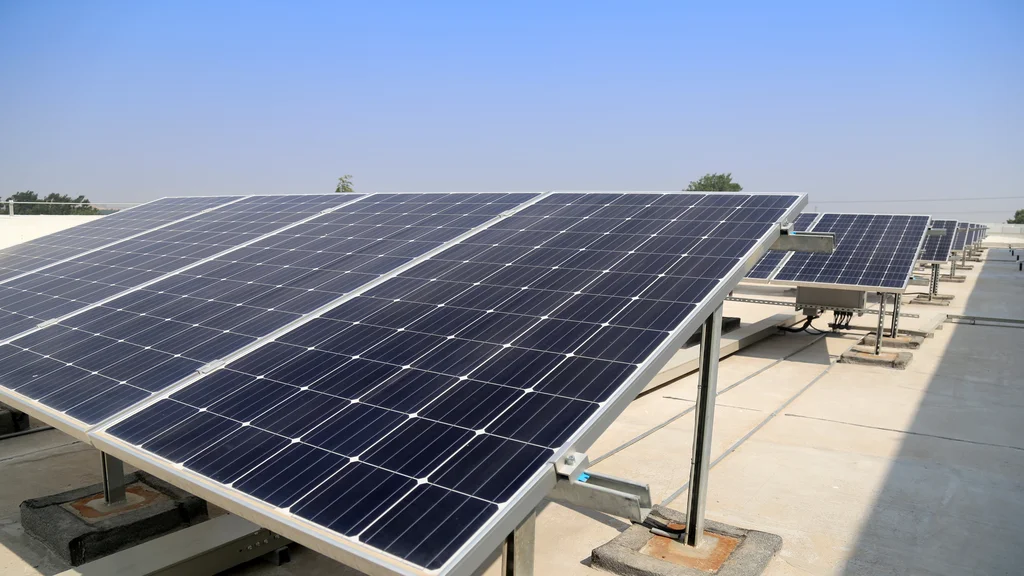
Benefits of a Solar Energy Inverter
Here are some of the benefits you will enjoy with a solar energy edge.
1. Saves You Money
Once you install a solar energy inverter, your electric bills go down. Why? Because you’re using sunshine instead of buying electricity from the power company.
2. Helps the Environment
Using solar power means you’re not burning gas or coal. That means cleaner air and less pollution.
3. Gives You Power During Blackouts
If you have a hybrid system with batteries, your solar energy inverter for home can keep lights and fans running even when the main power goes out.
4. Smart Monitoring
Most inverters today have apps or screens to show how much energy you’re making. You can track your savings and spot any problems quickly.
What About the Solar Energy Inverter Price?
Prices can change based on the size and types of solar panel Here’s a simple breakdown:
| Type | Average Price Range |
| String Inverter | $700 – $1,500 |
| Micro Inverter | $1,000 – $2,000+ |
| Hybrid Inverter | $1,500 – $3,000+ |
Keep in mind:
- Larger homes may need more powerful inverters.
- Prices can include installation, which may cost extra.
- A solar energy inverter for home is a one-time cost that saves money for years
You may also qualify for rebates or tax credits in your area, which can lower the cost.
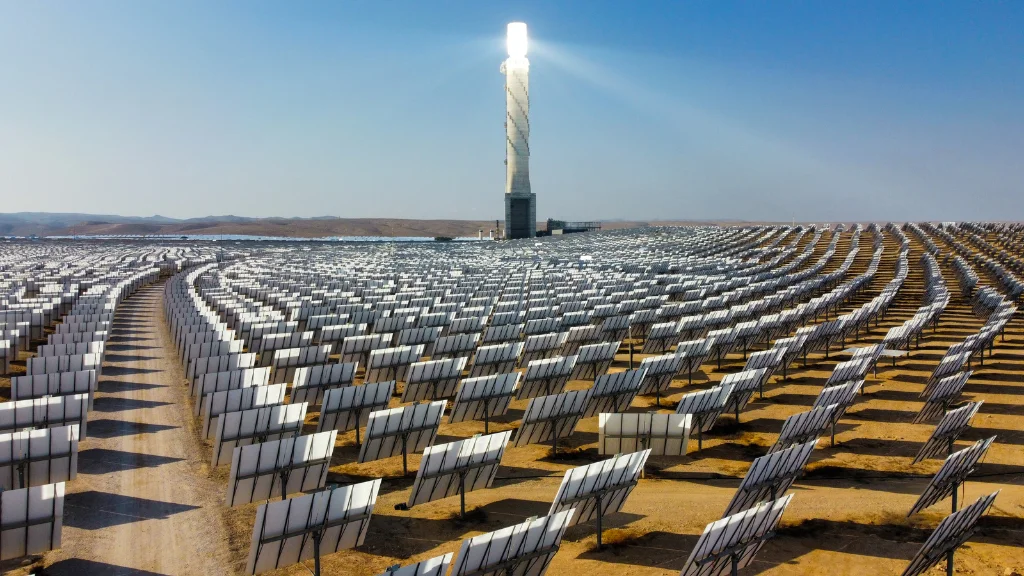
Installing a Solar Energy Inverter
Getting your solar energy inverter installed is easy when you work with professionals. Here’s how it usually works:
Step-by-step:
- Home Inspection
A team checks your roof and power needs. - System Design
They plan where to place panels and the inverter. - Installation Day
It takes about one to two days. The solar energy inverter is placed near your electric box or in your garage. - Turn It On
After checking safety, the team powers up your solar system!
Always use licensed experts. A good inverter can last 10–15 years or more with proper care.
Maintaining Your Solar Energy Inverter
Taking care of your solar energy inverter keeps it working great. Here’s how to do it:
- Keep it clean: Dust and dirt can block airflow. Wipe it down now and then.
- Check the screen/app: Watch for warnings or drops in energy.
- Annual check-ups: Have a pro inspect the system once a year.
Call an expert if your solar energy inverter makes strange noises or your solar power drops. Don’t try to fix it yourself.
Real-Life Example: How Sarah Saved Big with Her Inverter
Sarah, a mom of three in Texas, switched to solar last year. Her electric bills went from $200/month to just $30. She picked a solar energy inverter for home that works with her battery backup. Now, when storms knock out power, her home stays bright and cool.
She says, “I wish I’d done this sooner. I save money, and my kids never miss their cartoons during blackouts!”
Choosing the Right Solar Energy Inverter for Home
Here are a few tips to help you choose:
- Check your roof size and shape: Shaded roofs may need micro inverters.
- Think about future needs: Want to add batteries later? Go hybrid.
- Ask about warranties: Good inverters come with 5–10 year warranties.
- Compare brands and models: Some are smarter, and others are more budget-friendly.
Always talk to a solar expert before you buy. They can match you with the best solar energy inverter for your home.
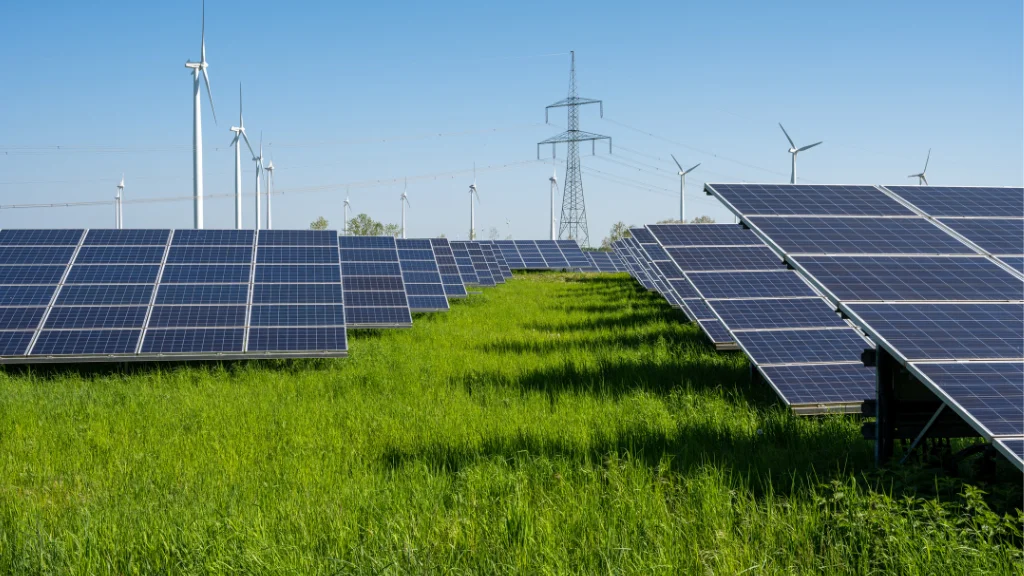
Why You Shouldn’t Skip the Solar Energy Inverter
The solar energy inverter is the most important part of your solar system. It makes sure you can use the power your panels collect. Whether you want to save money, help the planet, or have backup power, the hybrid inverter is the key.
By choosing the right solar energy inverter for home, you get better energy, better savings, and peace of mind.
Ready to go solar?
Start by learning more about the solar energy inverter options in your area. Contact a solar expert, explore systems online, or get a free quote today. Your sunny future starts now!
FAQs
Q1: What does a solar energy inverter do?
A: It turns sunlight into electricity your home can use.
Q2: How long does a solar energy inverter last?
A: Most last 10–15 years with good care.
Q3: Can I use solar without an inverter?
A: No. You need the solar energy inverter to make usable power.
Q4: Is the solar energy inverter price included with panels?
A: Often yes, but always double-check with your installer.
Q5: What’s the best inverter for a small home?
A: A string or micro inverter, depending on your roof. Ask a pro for advice.

